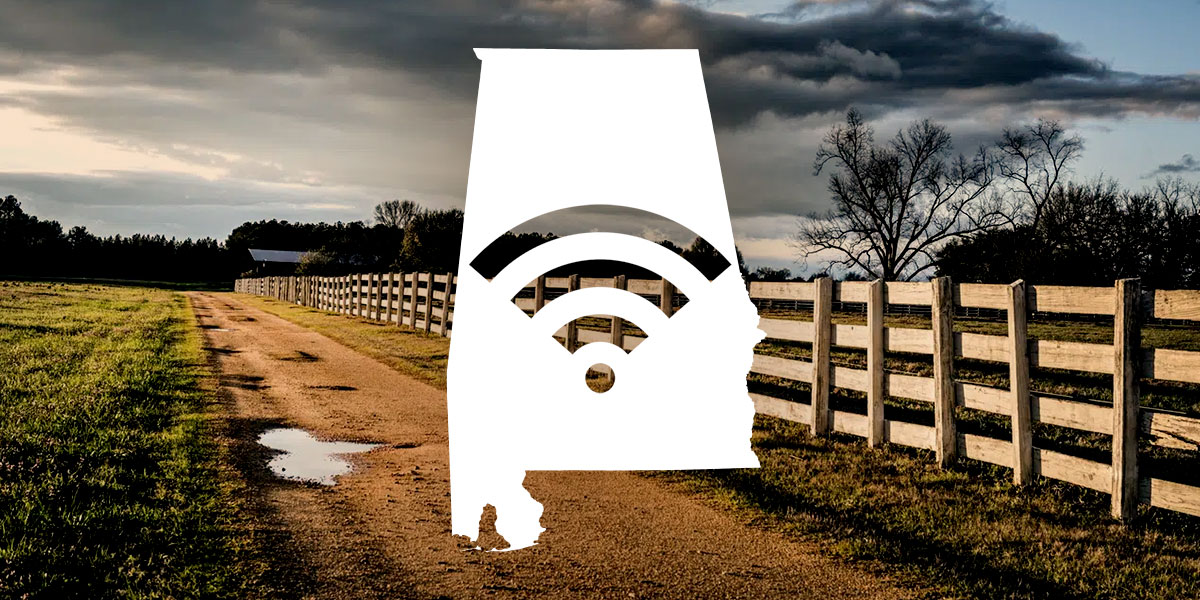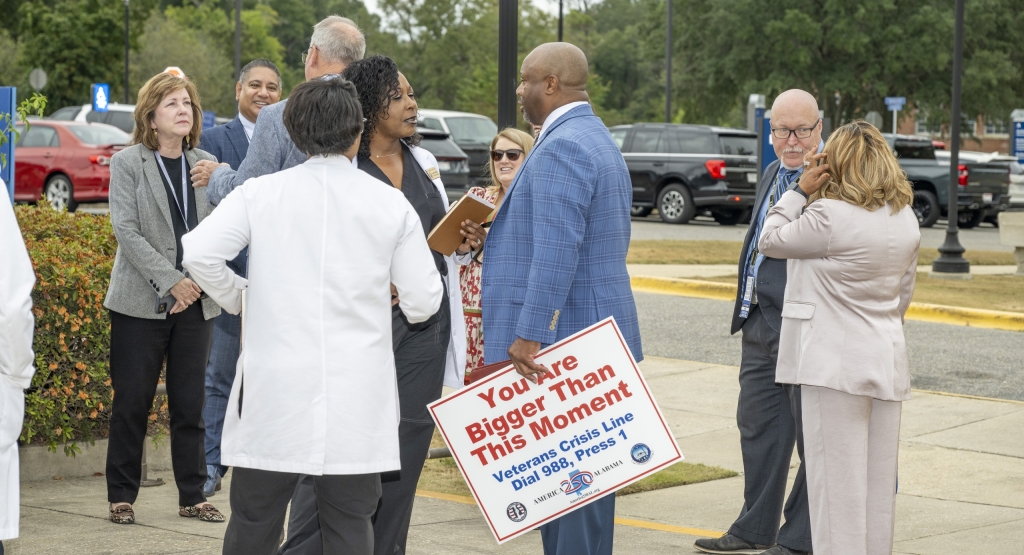With the Alabama Legislature’s 2023 regular session well underway, the expansion of high-speed, rural, internet access remains top of the list of priorities for leaders in both chambers. But while significant progress has already been made since lawmakers passed the first broadband initiative five years ago, much work remains ahead.
Uniti (pronounced “unity”) Fiber is a nationwide provider of fiber optic infrastructure and internet services. Despite our expansion across the country, Uniti’s roots remain planted firmly in Alabama, where we currently provide approximately 400 Alabama employees with well-paying 21st century jobs.
As a homegrown company that recognizes the quality-of-life improvements broadband access can bring, we have focused a great deal of our efforts on servicing rural portions of Alabama. Among the reasons our state’s Black Belt region and surrounding areas suffer from a dearth of jobs and economic development is the lack of access to high-speed broadband and a continuing reliance on antiquated, 1990s dial-up internet technology. Fortunately, Uniti is a committed partner in providing those who live there with the connectivity they need to thrive.
For example, a major employer in rural southwest Alabama was facing a significant struggle with technology because its out-of-state home office required massive data files to be uploaded to its servers daily. Each afternoon before going home, the local managers, who had only dial-up internet, would log onto the phone line and begin the agonizingly slow process of uploading the necessary files.
When the managers returned to the office each morning, they would cross their fingers that their dial-up connection had not “timed-out” overnight and the upload had completed successfully. If a problem had occurred, they once again signed onto the dial-up modem and began the process anew. The situation proved to be understandably frustrating and inefficient for the employer, who provided jobs essential to the local community.
Uniti partnered with the company’s leaders to provide a solution and connected their facility with our fiber optic network. Uploads that once took hours were completed in seconds. Once our fiber lines were brought to the town, roughly 40 local small businesses also gained access to high-speed broadband. Fiber connectivity helped save jobs and ease a significant burden on the business owners by simply providing rural Alabama with the same basic internet services that more developed areas sometimes take for granted.
Covid lockdowns brought to light that high-speed broadband is as essential to everyday life as electricity and running water. At the height of the pandemic, schools across the state, both public and private, converted to virtual classrooms that required teachers and students to have fast and dependable Internet access to teach and learn. Many college students discovered that it was more affordable and convenient to earn credits and a degree through distance learning over broadband than it was to attend in person. Others learned new trades and workforce skills through the same medium.
Senior citizens and others with medical conditions have increasingly relied on telemedicine, which uses the Internet to link doctors and patients in virtual consultations that provide needed medical care without having to leave home.
Due to financial losses suffered during the pandemic, several rural medical centers across Alabama have been forced to close. According to the Alabama Hospital Association, a dozen more medical centers “are at an immediate risk of closing.” While telemedicine is not a perfect replacement for those facilities, it can provide an adequate alternative until more permanent solutions are found. Those solutions will require broadband connectivity
Since the state Legislature mandated in 2017 that every K-12 public school in Alabama have broadband access and followed up a year later with the creation of the initial grant program for rural broadband expansion, Alabama has made great strides. However, 20 percent of addresses in our state are still denied high-speed access, and approximately 75 percent will not meet the standard for what is needed for the coming decade.
Although Alabama has steered roughly $537 million in federal funding toward broadband internet expansion over the past two years, current cost estimates for providing high-speed internet to all areas of the state range from $4 billion to $6 billion.
Uniti Fiber is an Alabama success story, and we are proud to help every city, town, and crossroads in our state access fast and dependable internet technology. We are excited that the elected officials in the committee rooms, corridors, and chambers of the Alabama State House recognize the challenge that lies ahead and are willing to partner with companies like ours to make Alabama a leader in rural broadband expansion.
Along with three friends, Andy Newton founded Southern Light in Mobile in 2001. Southern Light was acquired by Uniti Group in 2017, and Newton is president of Uniti Fiber, a national provider of data transport services.











